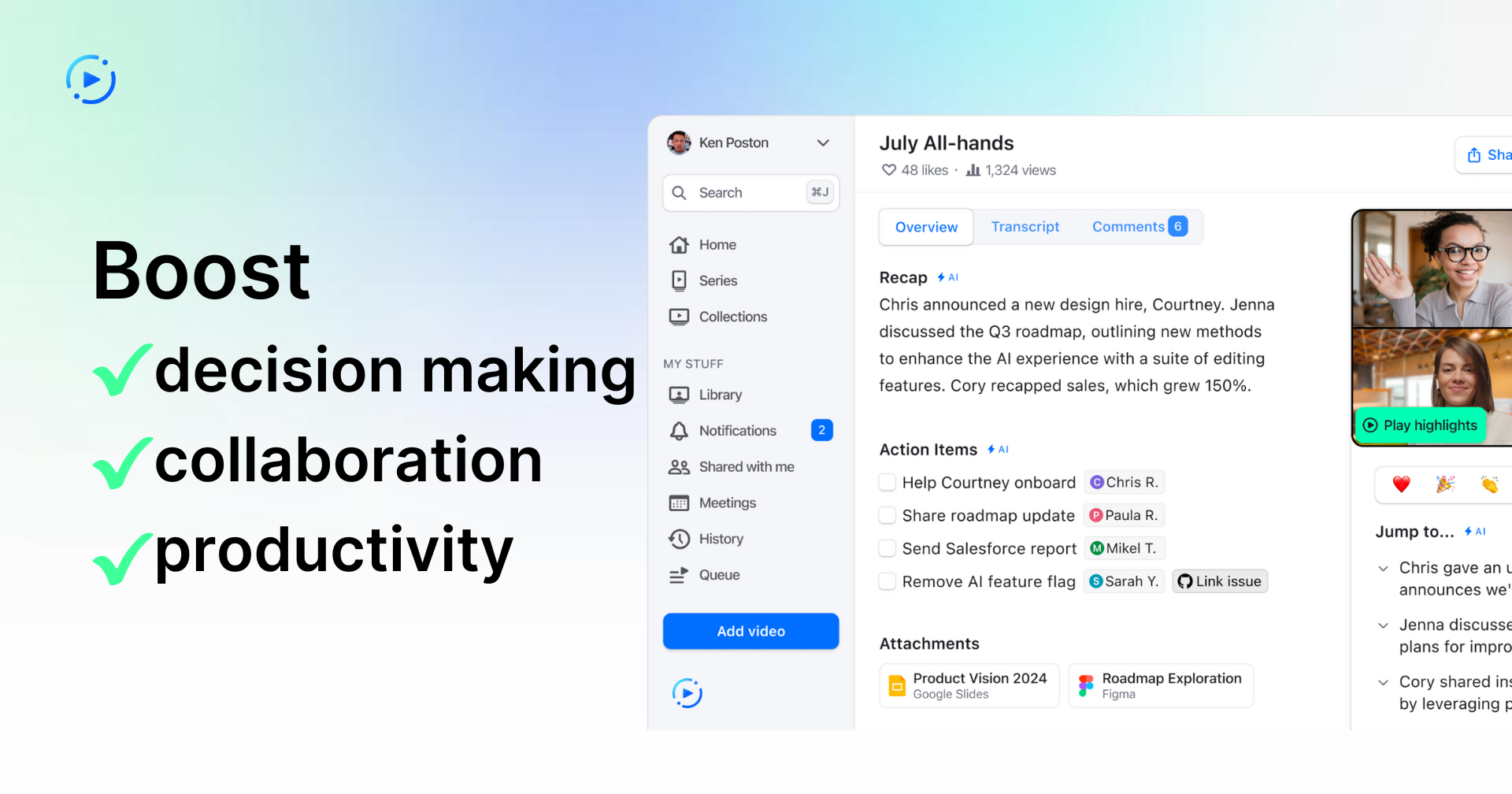Making sense of knowledge management
Knowledge management is crucial for businesses, enabling better decision-making, improved processes, and innovation. It involves organizing and sharing company knowledge for easy access by employees, customers, and partners
By Liz Childers in

Knowledge management is a broad term that encompasses many different aspects of business. It's not just about managing data and information; it's also about how your company can use that knowledge to make better decisions, improve processes and operations, and drive innovation and growth.
Understanding knowledge management
Let's start by answering the burning question: What is knowledge management? Essentially, knowledge management is a way to organize your company's knowledge so that it can be easily accessed by employees, customers, and partners. Knowledge management is also about sharing that information with others in order to improve decision-making processes and drive innovation.
Businesses that utilize Rewatch use the platform to automatically capture their company's knowledge through meetings and screen recordings. Rewatch additionally functions as a knowledge engine by using AI to automatically create meeting notes that surface relevant information for the type of meeting, as well as tag and organize your company’s knowledge, making it easy for you to find the information you need when you need it. The platform also allows users to share their knowledge with others by creating Collections of content that can be shared with specific teams or entire organizations.
Knowledge management: why it matters
Information fuels businesses. Without knowledge management, businesses lose key insights and their business intelligence — defined as the ability to make informed decisions based on data —efforts go to waste.
That's where a high-functioning knowledge management system (KMS) steps in, securely storing and organizing critical data. Businesses that share and harness their collective knowledge efficiently are not just more organized — they're fundamentally more profitable and competitive.
Recognizing knowledge chaos
We've all been there: endless meetings filled with repeated information, or worse outdated or missing information. Unstructured knowledge does not benefit organizations. In fact, it can hurt them, as exemplified by the way teams have to scramble to find essential data when they're faced with outdated or missing info in the scenario above.
The features of an effective knowledge management system
If the chaos scenario sounds familiar, it's time to consider an upgrade. A high-functioning knowledge management system (KMS) allows teams to escape the chaos and create a more productive, efficient workplace. A top-notch KMS boasts an array of features, including
- A centralized repository of company knowledge that's easy to access and search.
- The ability to search and retrieve information quickly
- The ability to share information with others in real time
- Integration with other systems, such as CRM or ERP software
- A user-friendly interface that makes it easy for employees to contribute their expertise
- Scalability so the system can grow with your organization's needs
- Security measures that protect sensitive information from unauthorized access
This is just a handful of the essential features your team should look for. You can read more here.
The transformation after KMS implementation
Implement a state-of-the-art KMS and watch the chaos transform into a well-oiled machine. Increased productivity becomes the norm because employees have access to the information they need, when they need it. They no longer have to spend time searching for answers or waiting on others to provide them. Instead, they can focus on their work and get more done in less time. This is especially important for organizations that are growing rapidly or experiencing high turnover rates.
Additionally, meetings are substantially reduced because employees can find the information they need on their own. This frees up time for more important tasks and allows managers to focus on strategic initiatives. The KMS also makes it easier to track progress, identify bottlenecks and make data-driven decisions.
With more time to focus on work, fewer unnecessary or repetitive meetings, and less time spent searching for information, employee burn out is also reduced.
The ultimate outcome: empowered teams armed with the best tools means better output, lesser redundancy, and a happier, more effective workforce.
Knowledge management, unboxed
In short, a well-executed knowledge management system can lead to increased efficiency, streamlined processes, and happier employees. Now that you've made sense of knowledge management, why not try Rewatch's for free? Our AI meeting assistant, screen recorder, and collaborative hub fit seamlessly into your existing workflows and you'll see results in days — not months.
Insights for the modern workplace
Get fresh ideas and practical tips to help your team work better, together. Delivered straight to your inbox.

